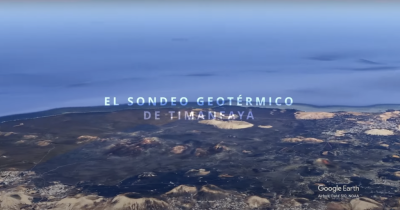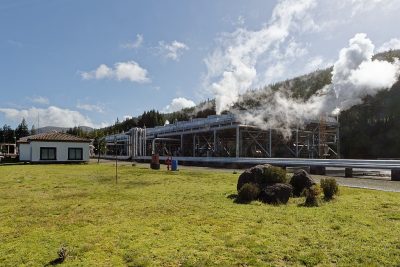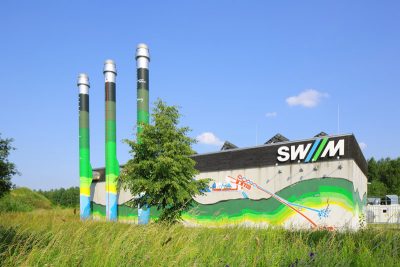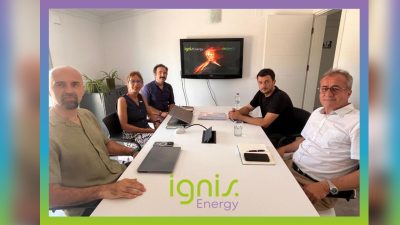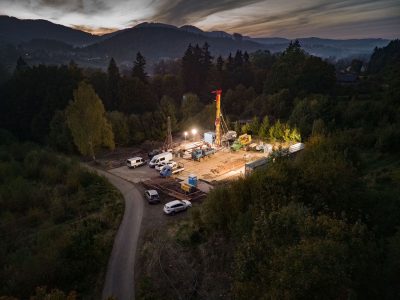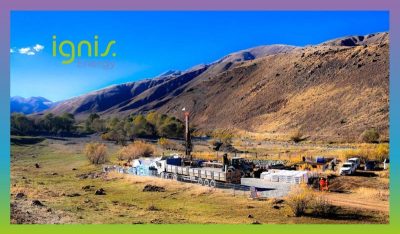University of York, UK launches deep geothermal energy project
The University of York in the UK has launched a deep geothermal project that aims to supply geothermal heat to campus buildings by 2028.
The University of York in England has launched a deep geothermal energy project which seeks to contribute in achieving a 78% reduction in fossil fuel consumption, as part of the University’s Sustainable Plan 2030. More surface work will still be done, but the University anticipates drilling on the east side of the Campus East by 2027 and is looking towards a start of heat supply by March 2028.
A phased approach
The initial three-year Phase 1 of the project will focus on generating heat for the majority of campus buildings. The project has already secured £35 million funding for this stage from the Public Sector Decarbonisation Scheme, run by the Department for Energy Security and Net Zero, and deliver by Salix Finance Ltd.
Subsequent phases, anticipated to come to a total of six to seven years, will explore electricity generation and expand heat capacity.
Early assessment has already been done on the Campus East, the prospective drilling site. More geological surveys will be later in 2025. This will include a seismic survey that will provide 3D subsurface information. The project will combine geothermal exploration with the University’s expertise in environmental science, engineering and policy, creating a dynamic environment for research and education.
A cornerstone of sustainability goals
“I am pleased to support the University of York’s innovative geothermal energy project, which exemplifies the UK’s commitment to pioneering sustainable energy solutions,” commented York Central MP Rachael Maskell about the project.
“This project not only reduces carbon emissions, but also serves as a hub for research and education, fostering the next generation of renewable energy experts. Its community-focused approach will also contribute to York’s broader sustainability goals, creating a greener, more prosperous future for the city.”
David Boon, Senior Geothermal Scientist at the British Geological Survey (BGS), added: “BGS was pleased to provide underpinning geoscientific advice to this project and to support research and innovation for the first-of-a-kind project, which will help support other deep geothermal energy initiatives in the UK”.
Source: University of York







